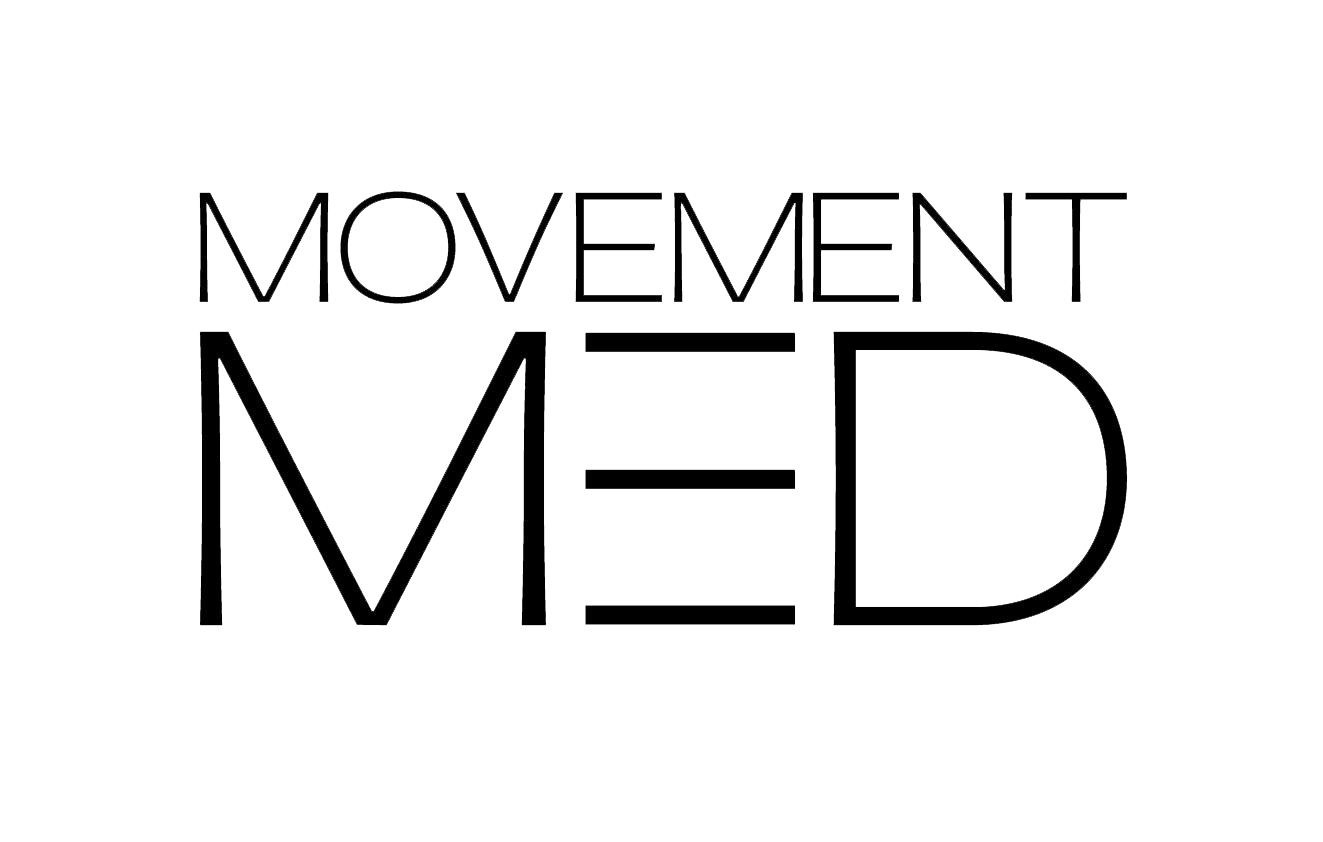Balance and Pilates. What it can do for you?
You’ve heard a hundred times before that balance is a crucial aspect of healthy aging. It plays a significant role in maintaining physical independence and preventing falls. But did you know that strengthening one’s coordination and balance also builds stabilizing muscle and improves cognitive function? Click here to learn more about how balance and healthy aging are interconnected and how Pilates can help you achieve stability and balance:
As we age, our balance often deteriorates due to changes in muscle strength, joint flexibility, and sensory perception. Working on balance can promote healthy aging in several ways including:
Fall Prevention: Poor balance increases the risk of falls, which can lead to fractures, head trauma, and even loss of independence. By improving balance through exercises and activities, older adults can reduce their risk of falls and maintain their mobility and autonomy.
Muscle Strength and Coordination: Balance relies on the coordination of various muscles and sensory systems, including vision, proprioception (sensing the position of body parts), and the vestibular system (inner ear balance). Engaging in regular strength training and exercises that challenge balance, which are central to Pilates and Medical exercise, maintain muscle strength, coordination, and proprioception, thus improving overall balance.
Mobility and Functionality Good balance is essential for performing daily activities such as walking, climbing stairs, and reaching for objects. As people age, declines in balance can limit mobility and functional abilities, leading to a decrease in quality of life.
Cognitive Health: There is a fascinating connection between physical balance and cognition. The studies are so compelling, we’ve written another article dedicated entirely to this interconnection. To summarize there are an increasing number of studies that corelate exercises that challenge balance, such as tai chi, Pilates and certain forms of yoga, to improved cognitive function and reduction of cognitive decline in older adults. This connection between balance and cognitive health highlights the holistic nature of healthy aging.
So where does Pilates come in and how can it help you on the pathway to better balance?
A Pilates practice can promote balance and coordination in several keys ways:
Core Strength It’s obvious, but it cannot be emphasized enough that strengthening the core muscles, including the abdominals, back, and pelvic floor. provides stability and support for the body, and is essential for maintaining balance during everyday activities and dynamic movements.
Improved Posture: Pilates emphasizes proper posture throughout its exercises, which helps align the body's center of gravity-essential for maintaining balance and stability.
Mind-Body Connection: Pilates emphasizes awareness of movement and mindful engagement of muscles. Through focused concentration and controlled movements, practitioners develop a heightened sense of body awareness and proprioception, the ability to sense the position and movement of the body in space.
Dynamic Stability: Many Pilates exercises involve dynamic movements that challenge balance and stability. Movements such as standing leg lifts, lunges, and single-leg exercises require the activation of stabilizing muscles to maintain balance while moving. By practicing these dynamic stability exercises, individuals can improve their ability to balance in various positions and situations.
Integration of Breath: Pilates incorporates coordinated breathing patterns with movement, which helps facilitate relaxation, reduce tension, and enhance focus. Less tension, stress and distraction leads to less fall risk and better cognitive clarity.
Progressive Challenge: Pilates exercises can be modified to accommodate individuals of different fitness levels and abilities. As you progress in your practice, you can gradually increase the intensity and complexity of exercises to further challenge balance and stability. This progressive challenge helps to continuously improve balance skills over time.
Concerned about your stability? Wanting to improve your balance or reduce your fear of falling?
We are here to help. Consider our specialized classes or ask your trainer about how to assess and improve your balance.
Erica Mott
